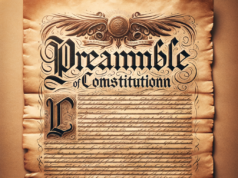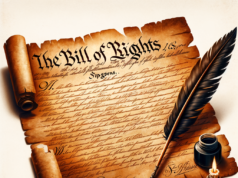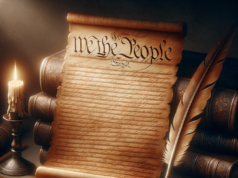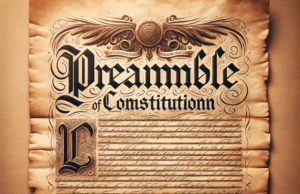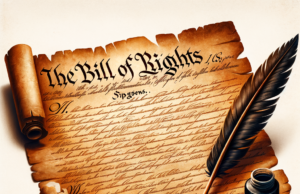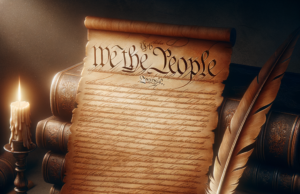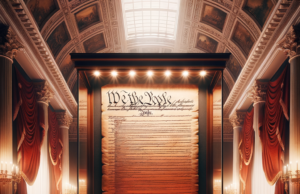
The United States Supreme Court is the highest court in the land, responsible for interpreting the Constitution, upholding the rule of law, and hearing cases that have significant legal implications. Recently, the Court declined to hear an appeal in a music download case, leaving lower court rulings in place. In this article, we will delve into the details of the case and discuss the implications of the Court’s decision.
Overview of the Case
The case in question involves a music downloading service called ReDigi. ReDigi was designed to allow users to sell their legally purchased music files to others. The company used sophisticated technology to transfer the music files from one user’s computer to another, ensuring that the original copy was deleted in the process.
Record labels, including Capitol Records, sued ReDigi, claiming that the service violated copyright law. The record labels argued that ReDigi’s transfer of the music files constituted a reproduction of copyrighted works and therefore required permission from the copyright holders.
Court Rulings
Lower courts heard the case and ultimately ruled against ReDigi. The United States District Court for the Southern District of New York determined that ReDigi’s transfer of music files constituted an illegal reproduction of copyrighted works. The Second Circuit Court of Appeals affirmed this ruling, and ReDigi appealed to the Supreme Court.
Supreme Court Decision
The Supreme Court declined to hear the case, leaving the lower courts’ rulings in place. The Court’s decision not to hear the case means that the Second Circuit Court of Appeals’ ruling is final, and ReDigi will have to stop its operations.
Implications of the Decision
The Supreme Court’s decision not to hear the case has significant implications for the music industry and copyright law more broadly. The ruling means that companies like ReDigi cannot create services that enable the transfer of digital files without the permission of copyright holders.
Additionally, the decision reinforces the importance of copyright law in the digital age. As technology continues to advance, it is essential that copyright law keeps pace to protect the rights of copyright holders. The Supreme Court’s decision sends a clear message that unauthorized reproduction of copyrighted works is illegal and will not be tolerated.
Conclusion
In conclusion, the Supreme Court’s decision not to hear the ReDigi music download case reinforces the importance of copyright law and the protection of intellectual property. The Court’s decision sends a clear message that companies cannot create services that enable the transfer of copyrighted works without the permission of copyright holders. While the decision only directly impacts ReDigi, it has broad implications for the music industry and digital copyright law.
The United States Supreme Court is declining to decide whether downloading music is a public performance that would require artists to get paid additional royalties.
The American Society of Composers, Authors, and Publishers asked the Supreme Court to review a lower court decision that claimed to download songs does not count as public performances, and thus, does not warrant the delivery of additional royalties.
The group, with its 400,000+ members, maintained in its case to the Court that the Copyright Act demanded the extra royalties, which could yield tens of millions of dollars in extra revenue to performing artists. The appeals court claimed that downloading music is more aptly characterized as “reproducing” a singular file and is not subject to performance rights.




